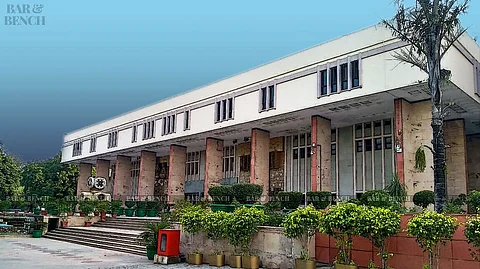
- News
- Columns
- Interviews
- Law Firms
- Apprentice Lawyer
- Legal Jobs
- हिंदी
- ಕನ್ನಡ

The Delhi High Court has held that de-sealing of a polluting unit cannot be a ground to upset a conviction under the Water (Prevention and Control of Pollution) Act, 1974 [Water Act].